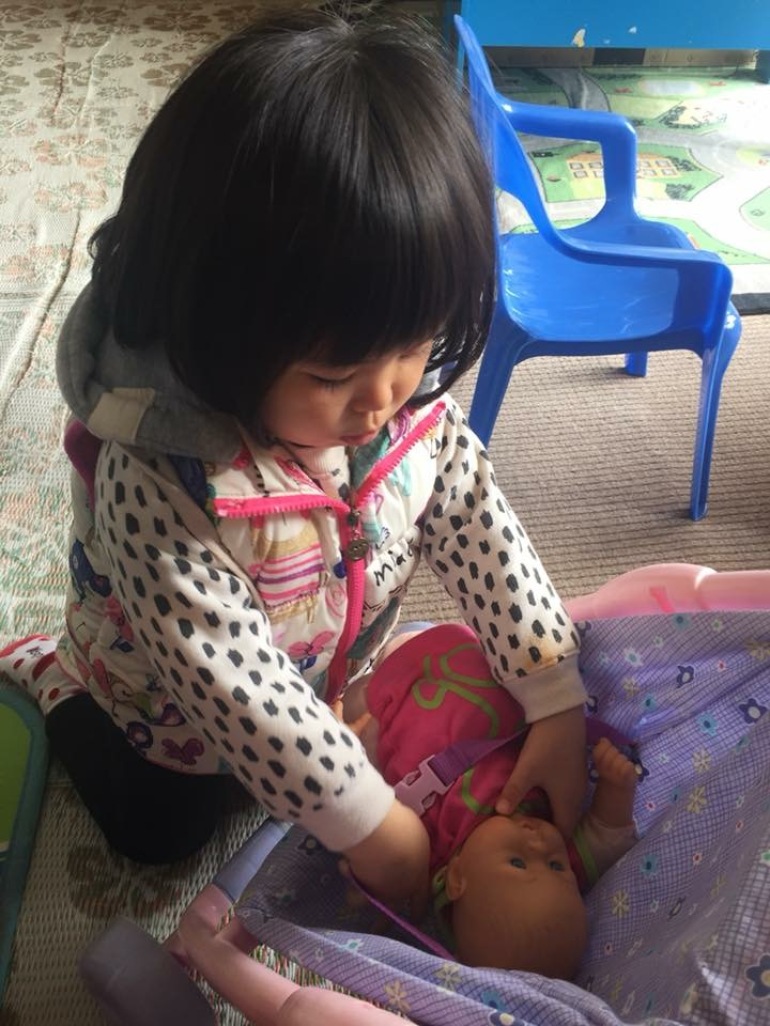News And Events

Respectful Practice
4 October 2021Childhood is not a race to see how quickly a child can read, write, and count. It is a small window of time to learn and develop at the pace that is right for each individual child. - Magda Gerber
Looking at our roles as educators and parents in recent times we see people putting a lot more emphasis on respectful practice with children, finding ways in which tamariki can be more involved in their own care and learning.
We are highlighting more the importance of relationships in children’s lives and the influence that these relationships have on tamariki. This links with the curriculum Te Whāriki, which states: Nga Hononga tamariki learn through responsive and reciprocal relationships with people, places, and things. Through this approach educators and parents view tamariki as equal partners in these relationships and are respected.
By providing safe environments where children can explore and investigate without too much restriction, and lots of opportunity for uninterrupted play, educators and parents are showing tamariki that they respect their choices and trust that they are engaging in their own learning. Again, we see in Te Whāriki in the strand of exploration: children become capable of playing, inventing, and experimenting. Including open ended resources, especially those found in nature, or every day household items, educators and parents are encouraging freedom of interpretation and allowing the child to create and use objects as they see fit.
With the addition of observation and communication with our tamariki, meeting their needs and supporting their interests, the benefit of a respectful practice sees children feeling empowered and having autonomy over their own learning, building a wonderful self-confident child.
Through low ratios and creating a safe and caring environment, Nurtured at Home Educators have the perfect environment to build these strong relationships with their care children, giving them a great sense of belonging. The Educators provide a wide variety of learning experiences and open-ended resources, offering children what they need to establish a love of learning.


